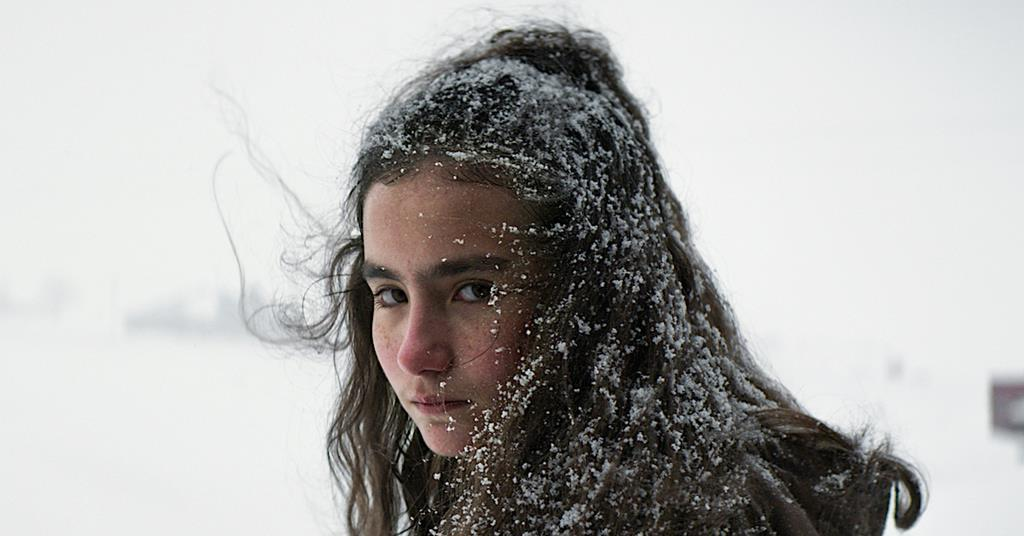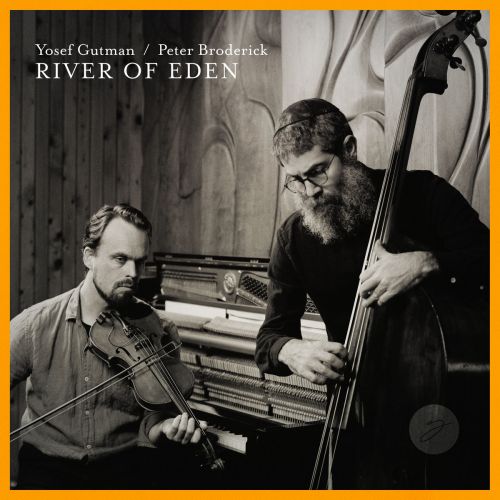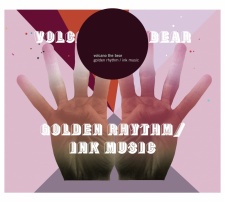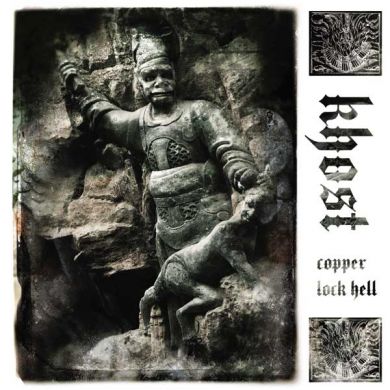Beginning with 2011’s Once Upon A Time In Anatolia, Ceylan’s films have become longer, and more novelistic, all in the pursuit of seeking something akin to a brutal truth about the depths of how human beings relate to each other. His latest, premiered in the UK at this year’s Glasgow Film Festival, shows he is still a remarkably gifted film-maker, one able to marry the epic and the minute with deft ease.
Now if you think Ceylan is going to serve up some taut, The Hunt-style mystery then, frankly, you want to sort yourself out. The accusations drift in and out of the film, life goes on, the film more interested in what they bring out of Samet and how they affect his relationship with the other characters. It’s a character study of unflinching honesty about human fallibility, a kind of partner to his Palm d’Or winner Winter Sleep in its depiction of an often searingly unlikable character. But our protagonist is lower down the social strata, less blatantly powerful. Instead, he is sunken into his position, settled at the point where aspiration ultimately fails and hopelessness and nihilism takes its place. It is a film that sketches him and the world he inhabits masterfully.
There is not much joy to be had; this is a film firmly with its eyes set on the frailties of the human ego, a protagonist increasingly warped by jealousy, bitterness and spite. There is no longer the enjoyable conflict that exited in Ceylan’s early work of a profoundly downbeat world presented in a way writ through with an experimental, slyly excited sense of formalism. As much as the character’s situations could speak of a hopeless world, the films themselves couldn’t help betray a sense of possibility.There are flashes of that here; the breakaway vivid tableaux to represent Samet’s ongoing photography project, as well as a bold formal turn I won’t reveal at a moment of high drama. But these exist as further indications of character; the former showing the ripe patronising quality in Samet’s work, the latter presenting his disingenuousness. But instead of the young experimenter, we have a director who has become a master at his form, to the extent that About Dry Grasses is in danger of being almost leisurely in its weightiness, a director making the dazzlingly downcast their comfort zone.
But in Nuray and Dizdar’s immaculate performances the film finds its light, and its sly optimism. She is a character who has infinitely more lived pain than Samet, yet still fights for what she believes in. Dizdar is a magnetic force every time she is pulled into the protagonist’s self-involved orbit, completely three-dimensional whilst standing for everything the lead is not. She has Ceylan’s sympathy if not focus, and some may irk at his centring the least likeable character in the story, but he is a perfect conduit for the malaise of our era, an everyman conglomeration of all of the limp, cruel emotions that serves as a baseline for so much of contemporary life and politics. The battle between the two is the heart of About Dry Grasses, and what lingers most after the film’s closing moments.-Joe Creely-
About Dry Grasses had its UK premiere at the Glasgow Film Festival and is released in British cinemas on 26 July 2024.




